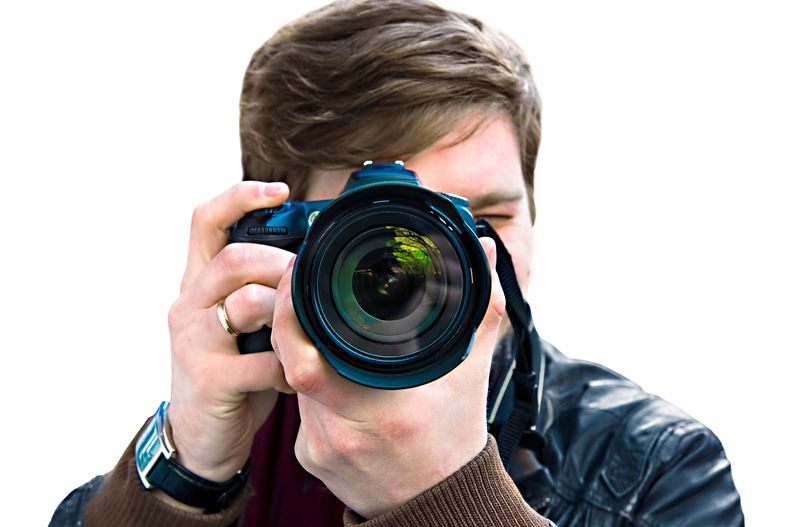Most of the common mistakes in digital photography happen because the user is not familiar with the technology that makes digital cameras work. Even experienced photographers find it difficult to keep pace with the rapid changes in technology.
Digital cameras allow you to take photos without worrying about film or its development. They also give you greater control over what you shoot. Yet people are not able to make full use of their digital cameras.
Some of the common mistakes made by people are:
1. Use of digital zoom: If you use digital zoom you will get low quality images. This is because digital zoom magnifies a portion of the image. In contrast, optical zoom magnifies the entire photograph creating a better effect.
Since the effects of digital zoom can also be created through image editing software, it is advisable to use optical zoom at maximum magnification when shooting.
2. Backup copies: Many people don’t keep backup copies of the images and risk losing them. You must save the images on your computer’s hard disk and make backup copies on CD or DVD, at least once a month.
Store these CDs or DVDs in a safe deposit box or fire-proof safe. You can also pass them on to your relatives for safekeeping.
3. E-mail attachments: Don’t send your pictures to friends or relatives as e-mail attachments. Digital images can take a lot of space and may fill the recipient’s inbox.
These images take a lot of time to download and the person who receives them may not be very happy to get them.
To avoid this problem, use compression software to reduce the weight of the picture. You can also post them to your website, or to a photo sharing site, to share them with your friends and relatives in a more convenient way.
4. Better software: You don’t have to settle for software that came with your camera; you can consider upgrading to a better photo editor that offers you more options.
5. Go through the manual: Most people don’t study their camera’s user manual. After spending money on a camera, you need to know its specifications and learn what you can do with it. It will improve your skills automatically.
6. How much to compress: If you use too much JPEG compression for your images, you will get smaller image files that use less space on your memory card, but you will also reduce the quality of the images.
JPEG is a format that is found in medium to low-cost digital cameras. Each time a JPEG image file is created there is an irreversible loss of data. Use a moderate level of in-camera compression to have smaller files, without losing too much image quality.
7. Resolution: Many people use the lower resolution to shoot photos because they want to use up less space on their memory cards. Once an image is captured at a lower resolution, it cannot be enhanced, though it is possible to scale it down or compress it later. That is why you should shoot pictures at the maximum resolution allowed by your camera.

